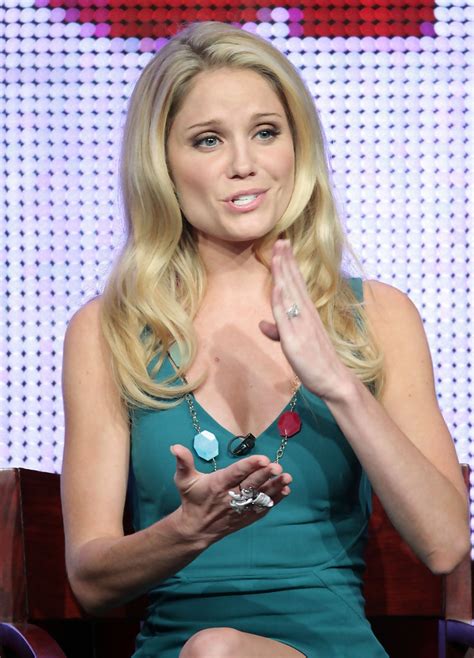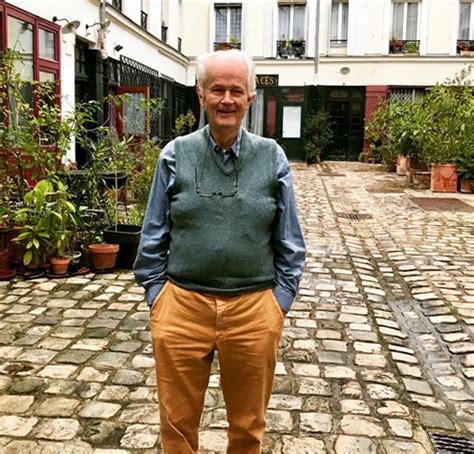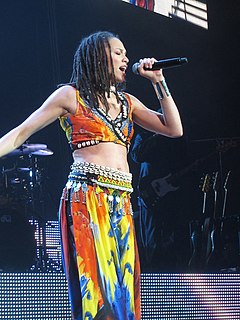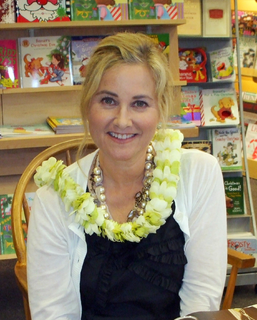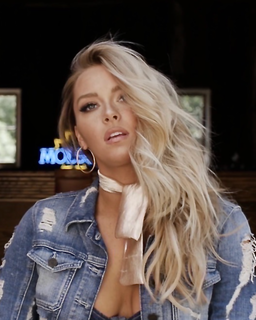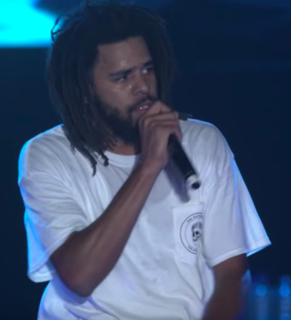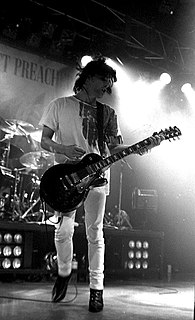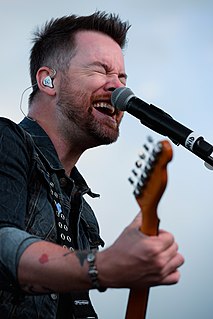A Quote by Virginia Williams
I felt like a failure, like somehow my self-worth was tied to my ability to procreate. I didn't feel like I could talk about it. I did not want other people's pity, so I mostly kept my story and my feelings to myself.
Related Quotes
I think that to me, films are personal affairs. It doesn't mean that I am against other people doing things differently, but I'm talking about what I can do. So I don't feel comfortable going to a new city or a certain class of which I don't have sufficient knowledge, doing research on that, and then writing a story about it I don't think I have the ability of presenting other people on screen in that way. It makes me uncomfortable. This doesn't mean that I only want to talk about myself. I want to talk about what I know.
At the age of 50, I did "Celebrity Fit Club" and I had to get on a scale and be weighed in front of everyone. I felt like I was naked and for the first time, there was nowhere to hide. I felt like I could finally be myself. It was really cathartic, and I realized I could share my mistakes. I could tell my story and not be ashamed, and show others with these same problems that they aren't alone.
It's all about self-discipline. Like, self-obsession is connected completely with self-loathing, and it's the same with, if you've got a weight problem. It's all about... finding some worth in yourself, knowing that you've got the discipline to do it, and knowing that other people maybe can't do it. And it's also, I think, really connected to the fact that you almost feel, like, silent, you have no voice, you're mute, there's just no, you've got no option. Even if you could express yourself nobody would listen anyway. Things that go on inside you, there's no other way to get rid of them.
I always believe that every song tells a story, so the last thing I want to do is edit out like the meat of the story. I would pick songs based off a), whether I felt like I could do anything with them, and b) whether I felt like I could keep the story intact. And then you sit in with one of the piano players and one of the vocal coaches and kind of work out your arrangements that way.
In the short stories - if I can make a very lumpy contrast - in the short stories I feel like the lives of the people have a kind of prior desperation and a prior need and my longing is for the story and their lives to somehow come together, even if not finally or forever, to face something; and it felt like a lot of the time with the essays I was wading into situations where there was an assumption of finality of understanding, and I felt like I could wade into any understood moment and tear it apart and make it fall apart.
I want you to know who I am: what the streets taste like, feel like, smell like. What the cops talk like, walk like, think like. What crackheads do - I wanted you to smell it, feel it. It was important to me that I told the story that way because I thought that it wouldn't be told if I didn't tell it.
But if it couldn't be love and it didn't feel like lust, what was it? Like? Did he like her? Of course, he did, but that word didn't capture his feelings, either. It was a little too... vague and soft around the edges. People liked ice cream. People liked to watch television. It meant nothing, and it didn't come close to explaining why, for the first time, he felt the urge to tell someone the truth.
